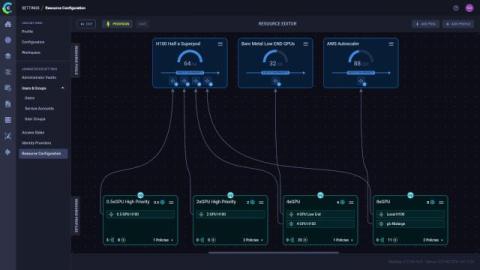Implementing Gen AI in Regulated Sectors: Finance, Telecom, and More
If 2023 was the year of gen experimentation, 2024 is the year of gen AI implementation. As companies embark on their implementation journey, they need to deal with a host of challenges, like performance, GPU efficiency and LLM risks. These challenges are exacerbated in highly-regulated industries, such as financial services and telecommunication, adding further implementation complexities. Below, we discuss these challenges and present some best practices and solutions to take into consideration.









